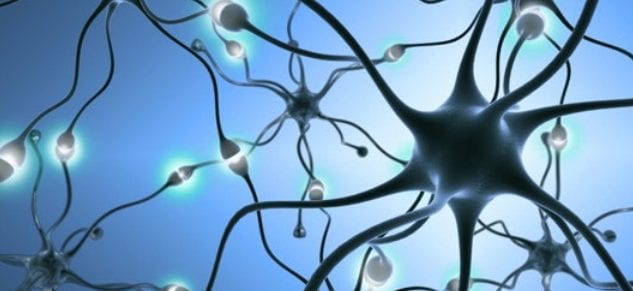
Cannabis and serotonin have distinct effects on the body, and mapping out what these substances are may be helpful in understanding “self-medication.”
Serotonin is a chemical neurotransmitter which acts as a natural mood stabilizer. When these neurotransmitters become imbalanced, they have been correlated with depression. To help regulate the neurotransmitters, some take certain antidepressants, such as selective serotonin reuptake inhibitors, better known as SSRIs.
 Our bodies synthesize serotonin from tryptophan, an amino acid found in certain foods, such as turkey, but not cannabis. Instead, the relaxing effects of smoking cannabis are due to a different set of substances, namely tetrahydrocannabinol (THC). However, the use of some forms of THC and CBD may help to lighten the mood for some. Knowing this, it may be worth a visit to a health care provider to discuss depression and explore alternative treatment methods such as: deep meditation, acupuncture, body work, talk therapy, and diet and exercise changes, to name a few.
Our bodies synthesize serotonin from tryptophan, an amino acid found in certain foods, such as turkey, but not cannabis. Instead, the relaxing effects of smoking cannabis are due to a different set of substances, namely tetrahydrocannabinol (THC). However, the use of some forms of THC and CBD may help to lighten the mood for some. Knowing this, it may be worth a visit to a health care provider to discuss depression and explore alternative treatment methods such as: deep meditation, acupuncture, body work, talk therapy, and diet and exercise changes, to name a few.
Serotonin is found in the brain, blood, the stomach and mucous membranes that line the digestive tract. It helps regulate all sorts of functions such as mood, anxiety, nausea, blood clotting, libido, sleep, wound healing, bone health, and bowel movements. In terms of mood regulation, balanced levels of serotonin are associated with feeling happier, calmer and more focused.
While cannabis does not directly produce serotonin, it may help regulate mood. Studies have shown that THC mimics the chemical structure of a naturally occurring cannabinoid neurotransmitter in the brain called anandamide. When ingested, THC binds to cannabinoid receptors in the brain and affects the same brain functions that anandamide usually affects, such as memory, concentration, pleasure, and time perception.
The “high” from using cannabis is also partly attributed to THC, which signals the release of dopamine, another neurotransmitter.
Some of the ways in which cannabis promotes relaxation include: reducing blood pressure, reducing coordination, inducing sleepiness, lowering attention span and by creating a sense of altered time and space.
The therapeutic effects of cannabis may not all be due to THC but to another key chemical component called cannibidiol (CBD), a non-psychoactive compound found in the plant. It’s likely responsible for the medicinal benefits like relief of nausea, anxiety, and inflammation.
However, studies show both THC and CBD to be beneficial in treating depression, anxiety, and similar mood disorders.
However you choose to relax, or ingest, it’s worthy to note that the concentration of THC varies between plants, as does the ratio of CBD to THC. So speaking to a certified cannabis consultant to help choose the proper dosage and variety is advised.



”
Both CBD and THC seem to work well to control nausea and vomiting, but according to the Handbook of Cannabis, written by Roger Pertwee, if you are going to treat nausea alone, Dronabinol (a synthetic THC and approved by the FDA and commonly referred to as Marinol) works best to control mild to even moderately-severe chemotherapy-induced nausea.
However, Dronabinol doesn’t seem to work that well in controlling vomiting induced by the stronger chemotherapy drugs.
This synthetic THC can also improve appetite and help with weight loss problems.
Dronabinol can cause nausea and vomiting, which is frustrating when you think about it because you’re using Dronabinol to control nausea and vomiting in the first place.
Lab synthesized, single molecule CBD, while it can also control nausea and vomiting, only does so within a limited dose range.
”
– https://www.cbdschool.com/can-thc-and-cbd-really-help-with-nausea-and-vomiting/